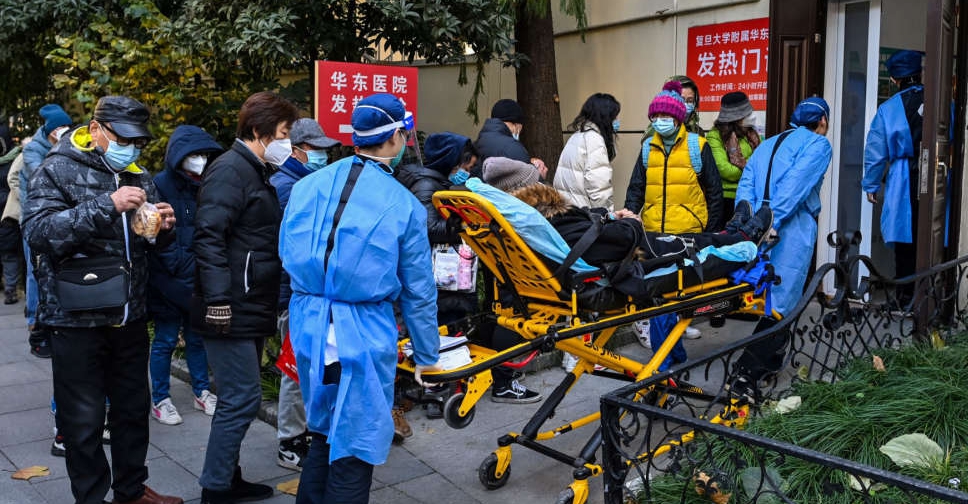
Cities across China scrambled to install hospital beds and build fever screening clinics on Tuesday as the United States said Beijing's surprise decision to let the virus run free was a concern for the world.
China this month abruptly began dismantling its stringent "zero-COVID" regime of mass lockdowns after protests against curbs that had largely kept the virus at bay for three years but at significant costs to society and the world's second-largest economy.
Now, as the virus sweeps through a country of 1.4 billion people who lack natural immunity having been shielded for so long, there is growing concern about possible deaths, virus mutations and the impact, again, on the economy.
"We know that any time the virus is spreading, that it is in the wild, that it has the potential to mutate and to pose a threat to people everywhere," U.S. State Department spokesperson Ned Price said on Monday, adding that the virus outbreak was also a concern for China's economy and, in turn, global growth.
Beijing reported five COVID-related deaths on Tuesday, following two on Monday which were the first fatalities reported in weeks.
In total, China has reported just 5,242 COVID deaths since the pandemic erupted in the central city of Wuhan in late 2019, an extremely low toll by global standards.
But there are rising doubts that thee statistics are capturing the full impact a disease ripping through cities after China dropped curbs including most mandatory testing on December 7.
Since then, some hospitals have become inundated, pharmacies emptied of medicines and streets have been unusually quiet as residents stay home, either sick or wary of catching the disease.
Some health experts estimate 60 per cent of people in China - equivalent to 10 per cent of the world population - could be infected over the coming months, and that more than 2 million could die.
In the capital, Beijing, security guards patrolled the entrance of a designated COVID-19 crematorium where Reuters journalists on Saturday saw a long line of hearses and workers in hazmat suits carrying the dead inside. Reuters could not immediately establish if the deaths were due to COVID.
HEALTHCARE STRAINS
Top health officials have softened their tone on the threat posed by the disease in recent weeks, a U-turn from previous messaging that the virus had to be eradicated to save lives even as the rest of the world opened up.
They have also been playing down the possibility that the now predominant Omicron strain could evolve to become more virulent.
"The probability of a sudden large mutation ... is very low," Zhang Wenhong, a prominent infectious disease specialist, told a forum on Sunday in comments reported by state media.
But there are mounting signs the virus is buffeting China's fragile health system.
Cities are ramping up efforts to expand intensive care units and other treatment facilities for severe COVID cases, the state-run Global Times reported on Monday.
Authorities have also been racing to build so-called fever clinics, facilities where medical staff check patients' symptoms and administer medicines. Often attached to hospitals, these clinics are common in mainland China and are designed to prevent the wider spread of contagious disease in healthcare settings.
In the past week, major cities including Beijing, Shanghai, Chengdu, and Wenzhou announced they had added hundreds of fever clinics, according to government WeChat accounts and media reports.
A gym in Beijing's Shijingshan district was converted into a fever clinic late last week with cubicles containing more than 150 beds covering a basketball court, Reuters witnessed.
The spreading virus is expected to crimp China's economy, expected to grow 3 per cent this year, its worst performance in nearly half a century.
A survey by World Economics showed on Monday China's business confidence fell in December to its lowest since January 2013.
China kept benchmark lending interest rates unchanged for the fourth consecutive month on Tuesday.

 Man sets himself on fire near South Korean anti-graft office
Man sets himself on fire near South Korean anti-graft office
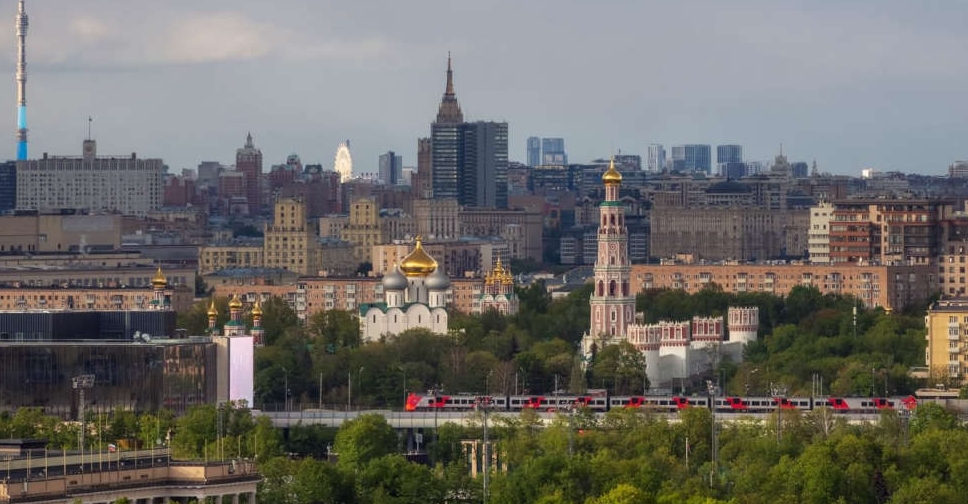 Russia charges 27 over Crocus terror attack
Russia charges 27 over Crocus terror attack
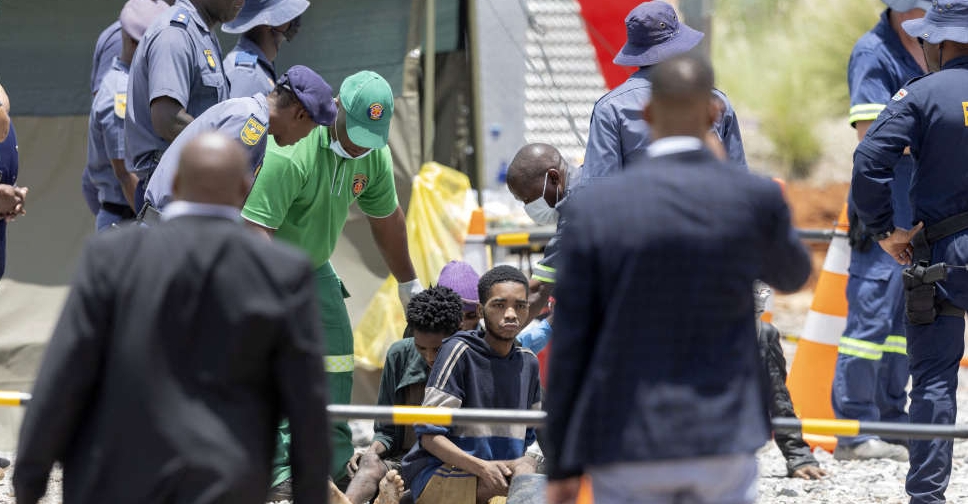 78 bodies retrieved from closed South African gold mine
78 bodies retrieved from closed South African gold mine
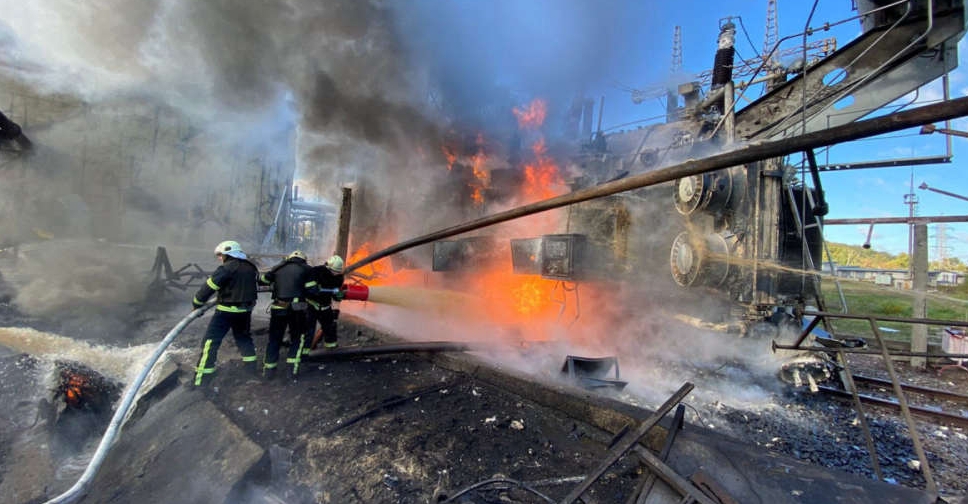 Ukraine reports emergency power cuts amid 'massive' Russian air strike
Ukraine reports emergency power cuts amid 'massive' Russian air strike
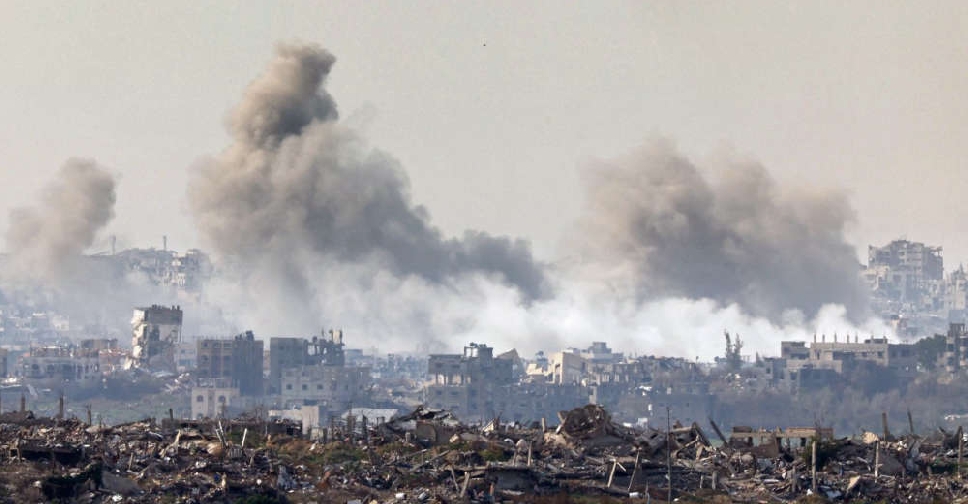 Hopes increase as Gaza ceasefire appears close
Hopes increase as Gaza ceasefire appears close




